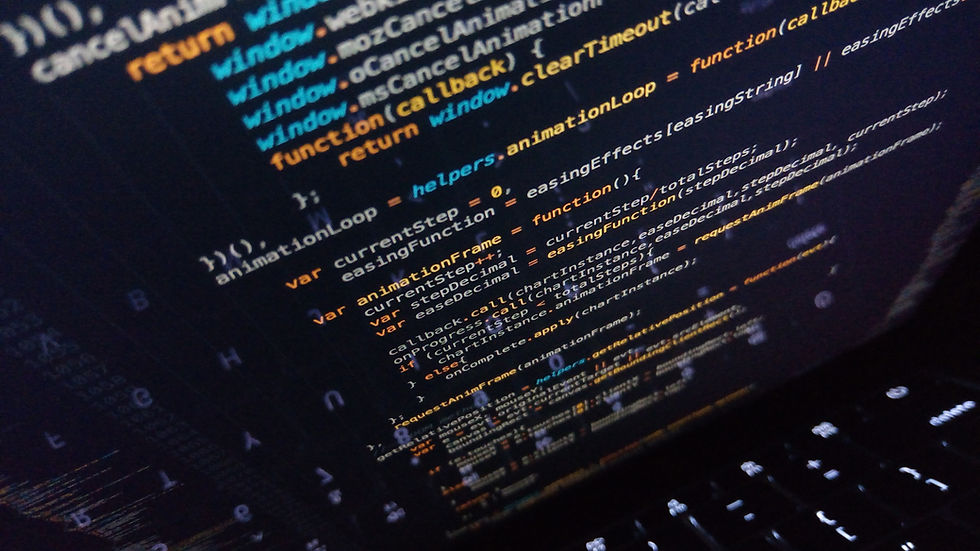Global Developments in Disaster Science and Considerations for Communication
- Stephanie Buller

- Mar 28, 2023
- 2 min read
Updated: Nov 8, 2023
A brilliant report, on recent developments in disaster science by UNDRR (United Nation’s Office for Disaster Risk Reduction) which highlighting the gaps and priorities that are emerging with implications for future research in disaster risk science.
The transition to risk informed sustainable development, is something desperately needed here in the UK to build a more #resilientnation - and there’s a huge opportunity for this to be delivered through the implementation of the UK government’s national resilience framework - to facilitate this transition towards effective risk management, by building resilience through local level policy and place making.
However, I do wonder – taking key finding number one below – to what extent does the presentation, title and abstract i.e., the communication of the report itself, directly fall into the trap and unwittingly contribute to that growing void between science, policy and practice.
For example – read the cited key findings below – are these communicated in way that is easily interpretable and engaging?
Or is the over use of scientific language enough to put some readers of all together? I know I had look up several words. So whilst we want and need key evidence and reports be grounded in science, I question, to what extent must we read these types of reports whilst traversing the oxford dictionary. For some of us its not a bad thing to expand our vocabulary, but for others it can be a major source of frustration and major disengagement.
Key findings of the report:
First and foremost, a growing disconnect between knowledge and action is becoming apparent. One reason may be the lag between conceptual and theoretical advances and grounded knowledge and empirical data; another the lack of effective science to policy communication.
Second, a holistic understanding of risk is lacking. While there is a plethora of quantitative and qualitative approaches to understand the manifestation, perception of and responses to risk, there is yet no integration of approaches that also account for diverse, place-based ontologies and epistemologies.
Third, across scales and between regions and nations, knowledge production suffers from significant imbalance and disparities. A future research agenda needs to be conscious of power relations informing and informed by disaster risk science and make space for subalterns studies and locally-produced knowledge to drive progress.
#disasterscience #disasterriskreduction #sustainabledevelopment #climateadaptation #placemaking #wholeofsociety #communitydevelopment #communityresilience #science #policy #practice #systemstransformation #transdisciplinary
.png)



Comments